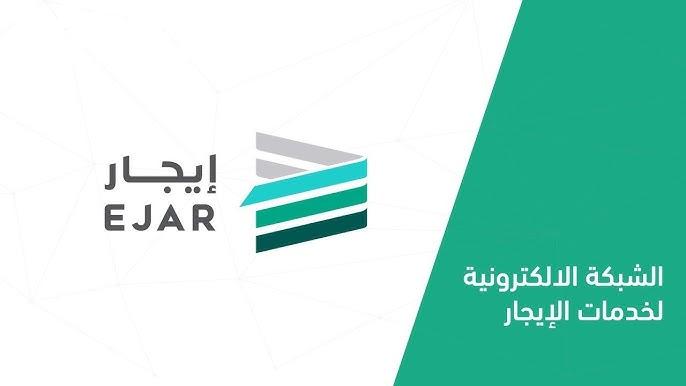When Do You Need a Family Lawyer in Saudi Arabia?

Family-related legal issues such as divorce, child custody, alimony, and paternity disputes are often emotionally sensitive and legally complex. This is where a family lawyer plays a critical role—not only representing you in court but also safeguarding your rights and guiding your legal decisions.
When Is Hiring a Family Lawyer Essential?
- In complex divorce cases:
- Involving children
- Disputes over property division
- Cases involving abuse or unfair treatment
- When dealing with child custody issues:
- Who is legally entitled to custody?
- What if one parent remarries?
- Can a grandmother or relative claim custody?
- In alimony disputes:
- How much alimony should be paid?
- What if the other party refuses to pay?
- In paternity cases: especially when medical testing or legal documentation is required.
- In cases of abuse or family neglect: whether you are accused or a victim, legal support is crucial.
What Does a Family Lawyer Do?
A family lawyer can provide comprehensive legal assistance by:
- Drafting legal documents and responses
- Negotiating with the opposing party, if possible
- Representing you before the Personal Status Court
- Collecting and presenting evidence in a legally sound manner
- Filing an appeal if the court ruling is not in your favor
Can You Represent Yourself in Court?
Yes, the Saudi legal system allows self-representation. However, if you’re unfamiliar with legal procedures or concerned about losing your rights, hiring a lawyer is highly recommended.
What Documents Should You Bring to Your Lawyer?
- Marriage certificate or divorce document
- Children’s birth certificates
- Proof of financial transactions (in alimony cases)
- Residency or school records for children (in custody cases)
Legal Tip:
If you suspect a family relationship is heading toward legal conflict, early consultation with a specialized family lawyer in Saudi Arabia can save you time, effort, and emotional strain in the future.





Comments